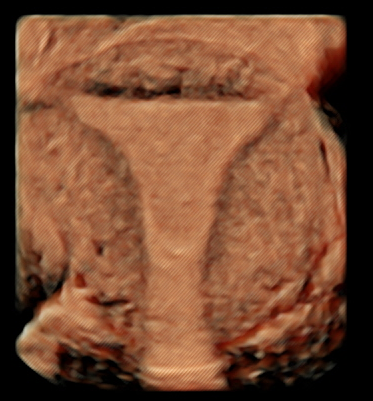A study by the Instituto Bernabeu detects that immune profile helps detect endometriosis
09-08-2017

The scientific committee of the European Society of Human Reproduction and Embryology (ESHRE) has selected this study for presentation at the annual meeting in Switzerland from 2 to 5 July.
The research by the Instituto Bernabeu studies the influence of cytokines, molecules that mediate in immune response with consequences such as inflammation, and which would enable early detection of endometriosis.
The aim of the study “Cytokine analysis suggests immune system activity in endometriosis”, led by the biologist Azahara Turienzo together with the doctors Ana Fabregat, Belén Moliner, Belén Lledó and the medical director of the Instituto Bernabeu, Rafael Bernabeu, was to discover whether the immune system may be an early biomarker, since it is a factor that influences embryo implantation and development and the experts know that patients with implantation failure (RIF) may have a different immune response.
The scientific committee of the European Society of Human Reproduction and Embryology (ESHRE) has selected the research as a poster for the meeting held from 2 to 5 July in Switzerland. The Instituto Bernabeu will take ten posters and an oral presentation to this professional meeting, one of the most important in the world.
This study compared the cytokine levels found in patients with RIF and patients suspected of suffering from endometriosis via unilateral ultrasound images. The authors of the study conclude that “the fact that the levels of IL-1-α are lower in women with mild unilateral endometriosis may be interpreted to mean that these patients have a different immune profile. Therefore, IL-1-α levels may represent an early biomarker prior to diagnosis of endometriosis”.
The cytokines analysis suggest the immune system activity in endometriosis. A. Turienzo, A. Fabregat, B. Moliner, B. Lledó, JA. Ortiz, J. Ll. Aparicio, R. Bernabeu.
